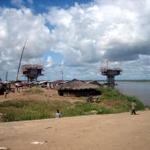What will two Norwegian ministers achieve in Angola?
A growing number of countries are competing for access to Angola’s natural resources. After the war large numbers have likely been lifted out of the most acute poverty, yet the majority of Angolans do not benefit from the economic growth. Too much of the revenue from the natural resources has been captured by the politico-economical elite.
Human rights activists have raised ethical questions regarding the investment policies of foreign companies in countries which are facing democratic challenges. Maneuvering Norwegian relations to Angola is a difficult balance given the lack of accountability in Angolan government institutions.
-Still, if we aim to contribute to changes in Angola, cutting the ties would not necessarily be a wise decision. Clearly, through our presence in the country, we can improve competence and safety standards in oil operations and regulation. However, we should also use this opportunity more broadly and contribute to reduce poverty, raise awareness of human rights and support the demand for accountability in governance and politics, says Tina Søreide, senior researcher at the Chr. Michelsen Institute.
Second biggest business partner
The Norwegian Minister of Trade and Industry, Trond Giske, and Minister of Environment and International Development, Erik Solheim, are currently on an official visit to the Norwegian Embassy in Luanda, the Angolan capital. The ministers are accompanied by a number of representatives from Norwegian companies and institutions.
-The Norwegian Embassy in Luanda focuses on business relations. This gives important testimony to the priorities of Norwegian-Angolan relations, says Ivar Kolstad, research director at the Chr. Michelsen Institute (CMI).
According to Kolstad, Angola is Statoil’s second biggest source of oil. Norwegian revenue from investments by Norwegian companies in Angola is estimated to be higher than the total bilateral government-to-government development assistance to the African continent.
Supports independent research
There is still too little independent, critical research on governance in Angola. Since 2008, a joint effort between Centro de Estudos e Investigação Científica (CEIC) at the Universidade Católica de Angola and the CMI, has been conducting research on economic, social and political development. Søreide and Kolstad are staff members of the Angola-project at CMI. The project aims to contribute to improve the situation for Angola’s poor and to a more equitable society through better utilisation of the country’s natural resources.
-The Norwegian government has close relations to the Angolan government, and finances the CEIC-CMI collaboration. CEIC is very important in order to develop research competence and a place for independent assessment of governance practices in Angola, says Tina Søreide.
Slow development
One of Angola’s most prominent challenges is the weakly developed civil society. Capacity building is an important feature of the CEIC-CMI project. It aims to facilitate professional and institutional capacity development, and dissemination of the research results is prioritised. Research could pave the way for political, social and economic change. But is the political elite ready for changes in Angolan society?
In March and September this year, students gathered in the streets of Luanda, protesting against the political regime. The student activists were imprisoned, and the trials were closed for the public.
-The harsh reactions to the demonstrations do not promise well, says Kolstad.
Publications
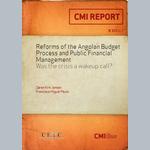
Reforms of the Angolan budget process and public financial management: Was the crisis a wakeup call?
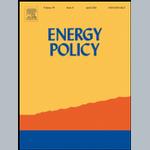
If diversification is good, why don't countries diversify more? The political economy of diversification in resource- rich countries
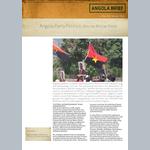
Angola party politics: Into the African trend
Assessing the importance of human and social capital for poor entrepreneurs in Angola
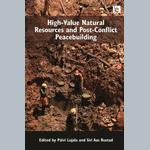
Assigned corporate social responsibility in a rentier state: The case of Angola
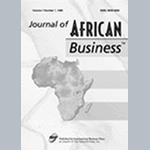
Better the devil you know? Chinese foreign direct investment in Africa
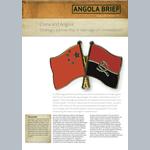
China and Angola - Strategic partnership or marriage of convenience?
Projects
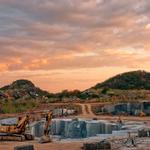
CEIC-CMI Angola Programme (phase 2)
